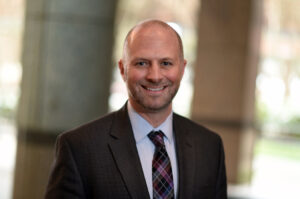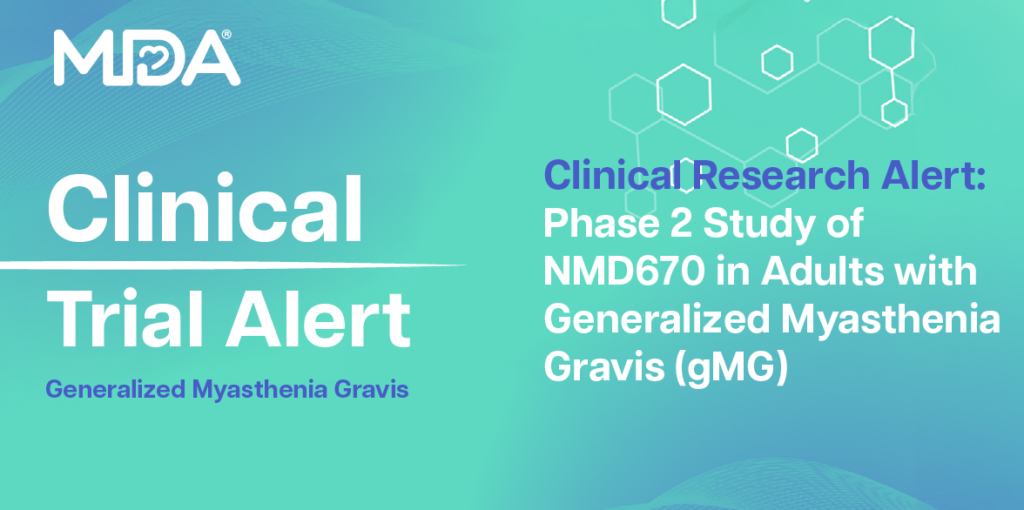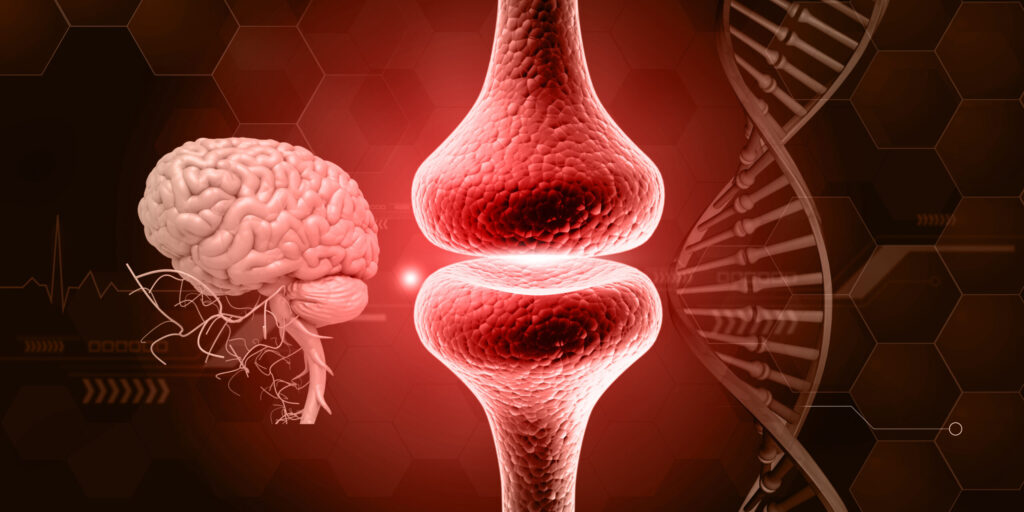
Why Is It So Hard to Get a Diagnosis?
By Shaila Wunderlich | Thursday, May 11, 2023
In Navigating the Long Journey to a Rare Disease Diagnosis, Quest told the stories of two women who each struggled for almost 40 years to receive an accurate diagnosis. While their stories aren’t the norm, they’re not uncommon, either.

Ericka Green, MD, MACM
“Compared with common diseases, patients with neuromuscular diseases often are delayed in getting a confirmed diagnosis due to a variety of factors, ranging from the barriers to access within the healthcare system to specific patient factors, including social determinants, and the disease itself,” says Ericka Greene, MD, MACM, Chief of the Neuromuscular Division at Houston Methodist’s Stanley H. Appel Department of Neurology.
These delays are caused by what Dr. Greene and others in her field call “bottlenecks in the system,” and when multiple bottlenecks come together, it can take a long time to be diagnosed.
It helps to understand the factors that can cause delays on the journey to a diagnosis and how to work with your healthcare providers to navigate them.
Factor 1: The disease
People with neuromuscular diseases can present with varying symptoms, even within the same disease, making diagnosis tricky.
When you have the “classic” symptoms of a disease, you’re more likely to get an accurate diagnosis earlier. Using myasthenia gravis (MG) as an example, Dr. Greene lists standard symptoms such as double vision, eyelid drooping, weak arms, swallowing issues, and nasal speech. “When people present classically and aggressively, doctors don’t usually miss it,” she says.
But some neuromuscular disease symptoms mimic other conditions. For example, amyotrophic lateral sclerosis (ALS) symptoms often start with painless weakness in the hands, which can be mistaken for carpal tunnel syndrome or pinched nerves. Many people receive a misdiagnosis before they get to the real diagnosis.
On the other hand, some diseases evolve in slow or unusual ways. “It might take three or four doctor visits before a patient receives a diagnosis, simply because the disease hasn’t evolved to the point of being recognizable,” Dr. Greene says.
Timothy Lotze, MD, Director of the Pediatric MDA Care Center at Texas Children’s Hospital and Professor of Pediatrics and Neurology at Baylor College of Medicine, often counsels his patients and their families on the frustrating waiting game that can accompany a neuromuscular disease diagnosis. “People want an explanation and name for their condition, but I have to tell them that even with all our available technology, we often still struggle to find an answer.”

Timothy Lotze, MD
What you can do: Dr. Lotze recommends that patients struggling to receive a diagnosis ask their doctors two questions: “What other tests are there available to me?” and “Who else should I be seeing?”
“For example, it may be that in the context of a busy practice, a doctor makes referrals to the cardiologist, neurologist, and pulmonologist due to concerns regarding a neuromuscular condition affecting the heart and lungs, but inadvertently overlooks the geneticist,” he says. “Those two questions from the patient can help jog their memory.”
In recent years, genetic testing has become more accessible and more precise. It may be used to determine a diagnosis when one is unknown or confirm a suspected diagnosis. Genetic counselors play an important role in helping people understand their genetic test results and the implications for them and their families.
Factor 2: Human error
In Navigating the Long Journey to a Rare Disease Diagnosis, Aimee Zehner shared that along her 38-year journey to an MG diagnosis, some doctors dismissed her symptoms as being caused by anxiety or her weight. “This is, unfortunately, not unheard of,” Dr. Greene says. “It’s still happening today.”
“We physicians aren’t immune to bias,” Dr. Lotze says. “It’s something we have to recognize and confront because it can definitely cause delays in diagnosis.”
What you can do: Create a folder with notes on symptoms, tests, and lab results and bring it with you to each appointment. Presenting a well-organized set of facts about your case can sometimes help cut through conclusions drawn from social bias.
“It really does make a difference when you have copies of all the relevant evaluations and testing, the biopsies, genetic and laboratory testing, and EMGs, etc., that have been performed,” Dr. Green says. “It takes the burden off the office to find it all and can speed up the process of evaluation by the doctor.”
Factor 3: Healthcare
Finally, there is the role of the healthcare system. Because neuromuscular diseases are rare, many doctors only see a handful of cases — or possibly none — in their careers. Even great doctors may not have the experience or training to recognize the symptoms of a neuromuscular disease or know what testing to order. But to get the appropriate testing — and have it covered by insurance — you need your doctor to order the tests.
What you can do: Don’t be afraid to ask for a second opinion. “A lot of families are afraid to ask for a second opinion, afraid they’ll offend me,” Dr. Lotze says. “I tell them a good physician will not only be OK with that but encourage it.” If you have any symptoms that align with neuromuscular conditions, look for a doctor at an MDA Care Center or a neurologist who specializes in neuromuscular diseases.
Against all these bottlenecks, Dr. Greene believes the best bet is patients themselves. Advocating for yourself or a loved love when communicating with doctors, nurses, and other healthcare providers is a skill you can learn “Don’t give up; trust that you know what’s happening with your body,” Dr. Greene says.
Next Steps and Useful Resources
- MDA Care Centers are located at more than 150 of the top healthcare institutions across the United States. Find one here.
- Contact the MDA Resource Center for resources and support at 833-ASK-MDA1 or ResourceCenter@mdausa.org.
- Stay up-to-date on Quest content! Subscribe to Quest Magazine and Newsletter.
Disclaimer: No content on this site should ever be used as a substitute for direct medical advice from your doctor or other qualified clinician.




